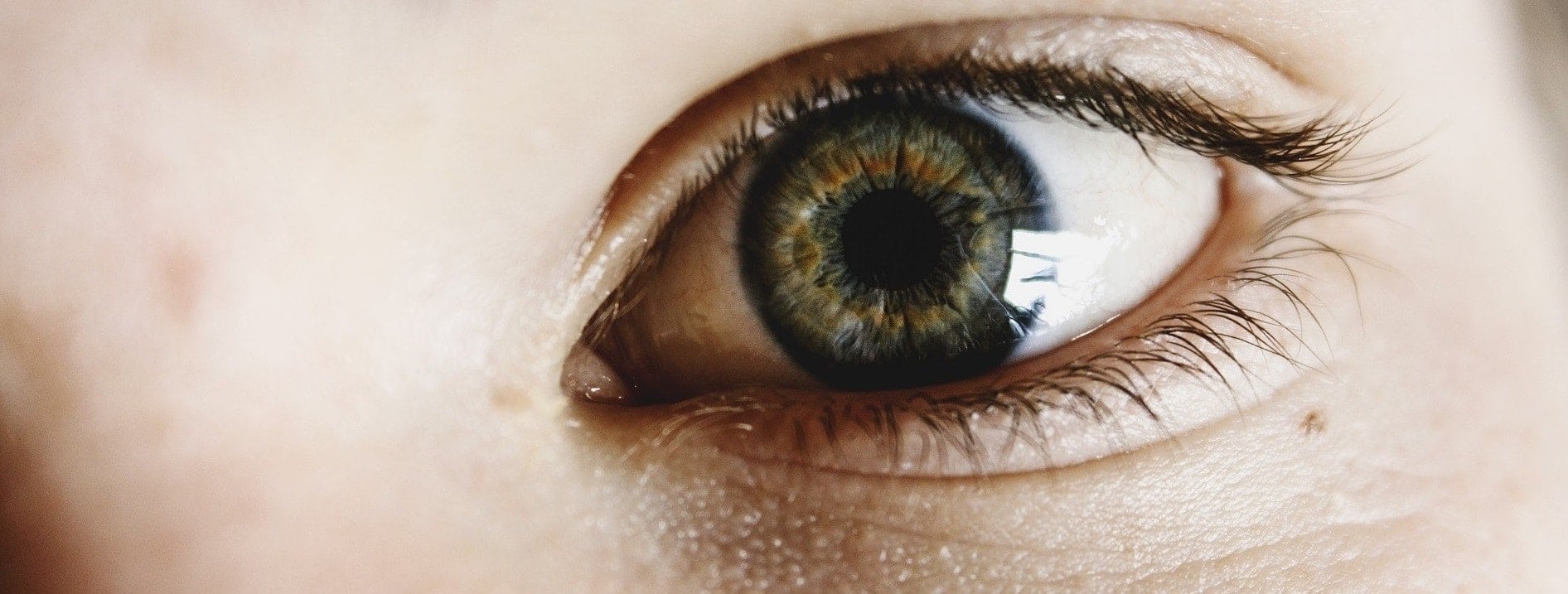
The “long” vision - a must in international cooperation
28 of June of 2016
Arturo García del Barrio is an architect. For almost a quarter of a decade he has been dedicating much of his time to volunteering with the Madrid branch of the NGO Architecture without Borders. His work in the organisation started with local projects, but this gradually expanded to international cooperation: in Togo, Paraguay and then Senegal, where he has worked on numerous projects with different groups of volunteers.
Arturo García, no longer as young as he once was, has chosen to reflect with us on the importance of international cooperation, and has shared his concerns regarding the lack of funds available for poor, far-away countries. This is what he said to us:
“The other day I was talking with a technical officer from the cooperation department of one of the local councils to the south of Madrid. He told me what the dominant argument was amongst some within the local council when debating the budget. A number of these councillors failed to understand how it was that local budget funds were assigned to development projects in third world countries –i.e. international aid or international cooperation– when there were needs to be covered within their own council area.
Categories of people pursuant to their vision
I propose a game for you here: let’s classify people according to their vision. And don’t be shy about including the blind! Thus, a first category would place each of us on the circumference of a circle with a radius of vision of only 50 centimetres. In other words, a vision that would take in only ourselves.
A second category, with a larger radius, would reach out to our family and friends; extending the radius further, a third category would take in our village or city; then our country, and so on. The larger the radius, the greater our vision of the world we live in, and the greater our awareness of the needs of the people living in it.
I believe that this ranking of categories is directly proportional to our awareness and application of the concepts of solidarity and justice.
The origin of this “long” vision
A few years ago I visited the Doñana National Park in Andalucía. The ranger who led our tour pointed towards some bushes at some point of the visit and said: “Look, a deer!”. None of us had seen anything. He explained that he had a “long” vision which enabled him to see animals which we couldn’t pick out amidst so much nature.
The “long” vision applied to international cooperation
Amongst many other projects, we have used our long vision in international cooperation to rebuild the Joal Fadiouth maternity hospital in Senegal.
Women will now be able to give birth there in better conditions than were available to them before. Women from Joal Fadiouth itself, from nearby Nguenienne, or even from as far away as Burkina. Women who come looking for work in the fish fumeries. Or perhaps it’s their husbands who have been looking for work as fishermen during the sardine season. Women who will no doubt be unaware of who is behind these improvements in their quality of life. Architects, donors, volunteers… they will only worry that the delivery goes well, that they will have enough milk to feed their children, that their husbands will be able to return soon to meet their new child, or that the brothers and sisters left behind in the care of neighbours are doing well… All in order that they may have a good birth experience.
Those of you who are there now know that you have been a part of those improvements, that you are part of a story, albeit a story which is not and will not be written. You will be in that special category of human being: the category with the “long” vision.”
Ferrovial 2016 Social Projects
Find out about the social projects that Ferrovial will develop throughout 2016 in 6 countries.





There are no comments yet